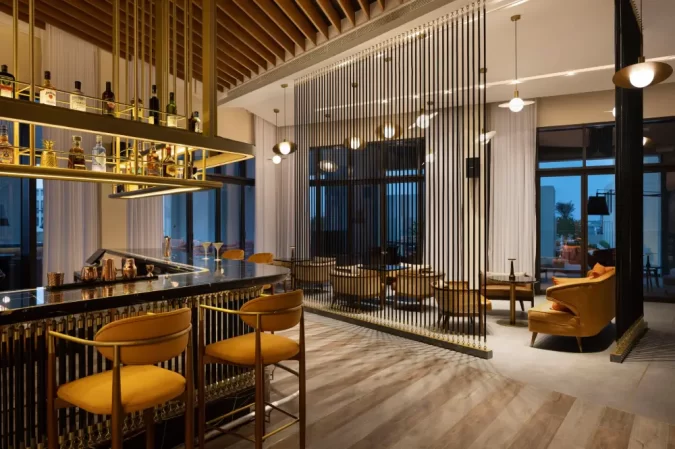Understanding how hotel fit out contractors Dubai determine costs is crucial for planning and budgeting hotel renovation or construction projects effectively. Several factors influence the overall cost estimation process, reflecting the complexity and scope of the project. Here’s an insight into how hotel fit out contractors determine costs:
Project scope and requirements
The first step in determining costs is to understand the project scope and requirements. This involves assessing the size of the hotel, the number of rooms, common areas, and any additional facilities such as restaurants, spas, or conference rooms. The complexity of the design, the quality of finishes, and the level of customization required also play a significant role in cost estimation. Contractors evaluate the project specifications to develop an inclusive understanding of the work involved and the materials and resources required.
Labor costs
Labor costs constitute a significant portion of the overall project expenses. Hotel fit out contractors consider factors such as the duration of the project, the skill level required for different tasks, and prevailing labor rates in the location of the project. Skilled tradespeople such as carpenters, electricians, plumbers, and painters contribute to the labor costs, along with project managers, supervisors, and administrative staff overseeing the project.
Material costs
The selection of materials significantly impacts the overall cost of the fit out project. Contractors consider the quality, durability, and aesthetic appeal of materials when estimating costs. Factors such as the quantity of materials required, shipping and handling fees, and fluctuations in material prices also influence cost estimation. Fit out contractors collaborate with suppliers and vendors to procure materials at competitive prices while ensuring quality and timely delivery.
Equipment and machinery
Hotel fit out projects may require specialized equipment and machinery for tasks such as demolition, installation, and finishing work. Contractors factor in the rental or purchase costs of equipment, as well as any additional expenses for transportation, setup, and maintenance. The type and quantity of equipment needed depend on the specific requirements of the project, such as the scale of demolition, the complexity of installations, and the timeline for completion.
Contingency and overhead costs
As well as direct project costs, fit out contractors include contingency and overhead costs in their estimations to account for unforeseen circumstances and administrative expenses. Contingency funds act as a buffer against unexpected delays, changes in scope, or unforeseen challenges encountered during the project. Overhead costs cover administrative expenses, insurance, permits, licensing fees, and general business operations necessary to execute the project efficiently.

Recent Comments